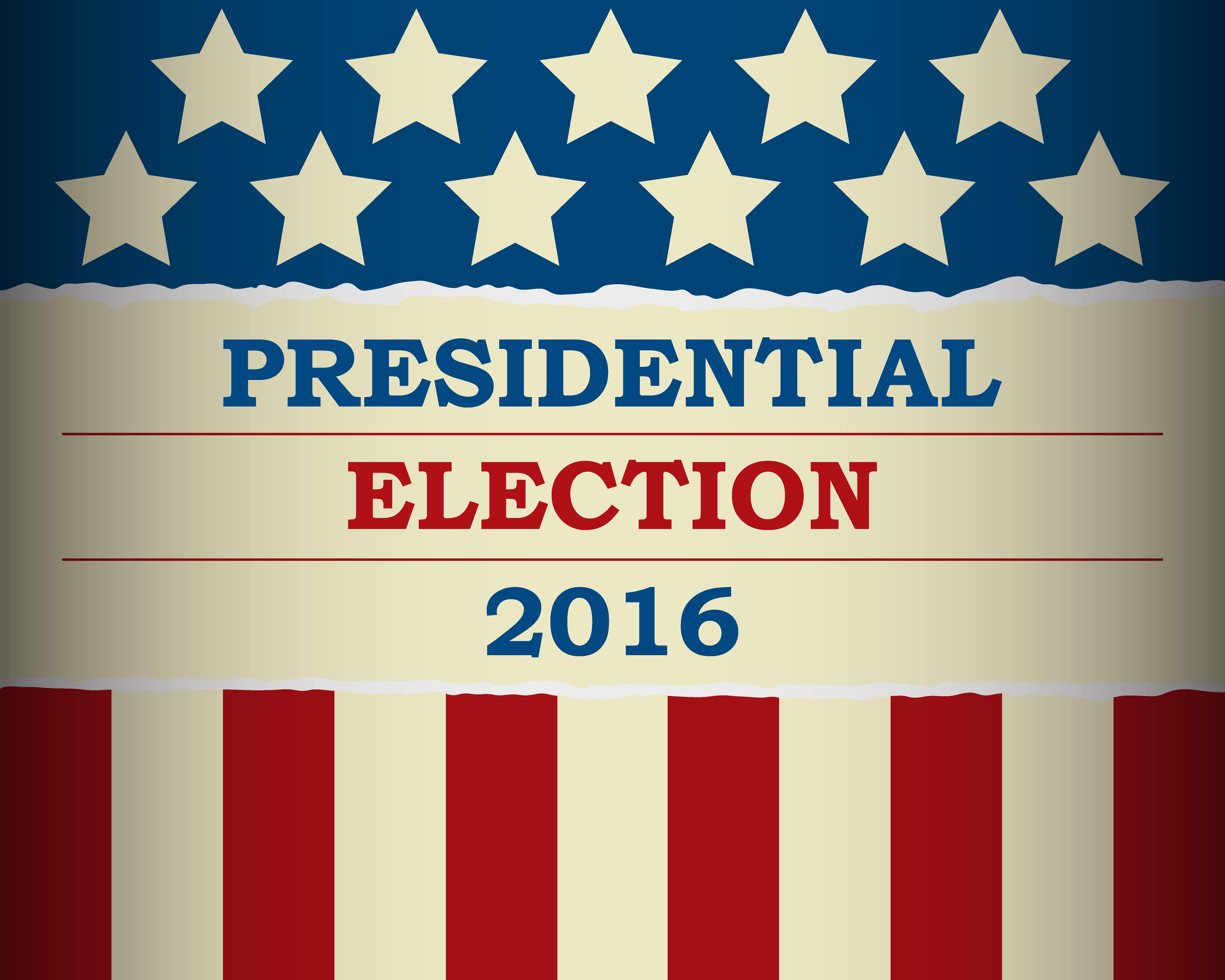by Hardy Jackson
Confronting the possibility that he might not be declared the winner in November, Donald Trump began talking about the election being “rigged.”
Trump friend and advisor Roger Stone, suggested that the Republican nominee go farther and warn supporters that “if there is voter fraud, this election will be illegitimate . . . we will have a constitutional crisis, widespread civil disobedience, and the government will no longer be the government.” What, one wonders, will Trump supporters do if they lose? Of course the same question could be asked of Clinton supporters. For in both camps there is an apocalyptic vision of what defeat will deal them. And yet, the fact remains that come November, someone is going to lose. Which brings us to the critical question, “what will the loser do?”
Without minimizing the importance of what winners do when they win, the fact remains that winners seldom destroy the system that gave them the victory. More often than not, democracies have been brought down when losers refuse to accept the outcome of an election and set out instead to subvert the will of the people. Now let’s be honest, losers frequently have just cause for fearing the consequence of defeat. But more often victors pat themselves on the back and set about enjoying the fruits of victory. Losers, on the other hand, fear for the worst.
So let’s play a little history. Discounting the obvious example of our nation nearly destroying itself with secession and Civil War, the one other time when it appeared that our experiment in freedom might fail was in the election of 1800. In one corner was Thomas Jefferson, leader of the Democratic-Republican Party. In the other was John Adams, the choice of the Federalists. Rather than go into what these two men and their parties stood for, let’s consider what each feared if the other was victorious. Jefferson’s supporters saw the Federalists as men who would centralize power, especially financial and commercial power, and create an autocracy that would trash the Constitution and leave the majority of Americans at their mercy.
To support this contention they pointed to Federalist’s acts and executive orders that censored the press, placed restrictions on “aliens,” and got the nation into an undeclared war with France’s revolutionary government. Adams and the Federalists considered Jefferson and his followers a threat not only to their financial well-being, but to their vision of America. They wanted a powerful nation, much like England, where policies benefitting those at the top of the economic pyramid would (pardon the expression) “trickle down” to those at or near the bottom. Worse still, Federalists felt that Jefferson was determined to bring a French Revolution to American shores. Little wonder a Federalist wrote his wife asking her where she “would want to go into exile if Thomas Jefferson is elected.” Federalist preachers made unveiled references to Jefferson as the anti-Christ.
Federalist politicians warned of Federalists being rounded up and guillotines set up in town squares. Rumors (and the fears) spread fast and furious. Jeffersonians countered with warnings that if the Federalists came to power the Constitution would be put on a shelf, and John Adams would be a tool of the King of England. In short, the American Revolution will have been for naught. It was nasty. Then something happened. With no clear victor in the election, the matter was settled in the House of Representatives where, after 35 ballots, a handful of Federalists concluded that Jefferson was preferable to the alternative. So Jefferson was sworn in. Then he spoke to the nation. More to the point, Jefferson spoke to the losers, some of whom might have already been packing for exile. “Every difference of opinion,” the new president pointed out, “is not a difference of principle. We have called by different names brethren of the same principle.” Then he made the point that is as important now as it was then.“We are all Republicans. We are all Federalists.” And being one in principle, victors would not suppress the losers. Quite to the contrary. “If there be any among us,” Jefferson continued, “who wish to dissolve this Union or change its Republican form, let them stand undisturbed as monuments of the safety of which error of opinion may be tolerated where reason is left free to combat it.” The losers listened, regrouped, and though disappointed, they resolved to fight another day – because they knew they could.
Jefferson had, in effect, told them so. Had Federalist supporters refused to accept defeat, had they gone into the streets, or underground, had they become terrorists with muskets, the United States, if it survived, would not be the nation to which we swear allegiance today.
So at this time in our history, when being a “winner” is so important to so many people, let us not forget the “losers.” They have made us what we are today.
Harvey H. (“Hardy”) Jackson is Professor Emeritus of History at Jacksonville State University. He can be reached at hjackson@cableone.net.

